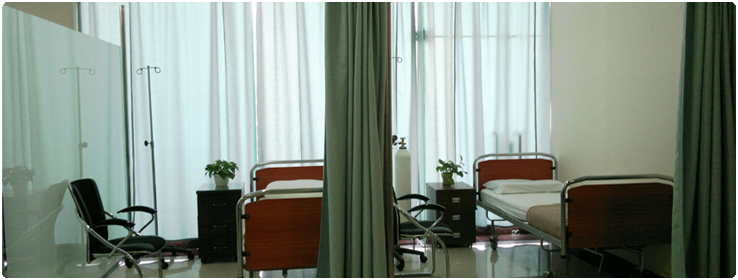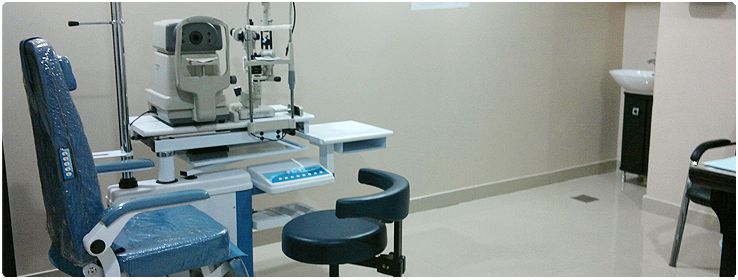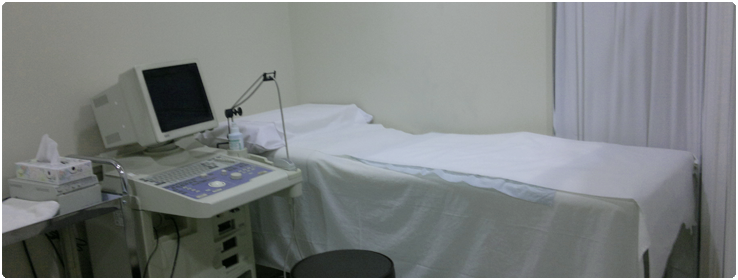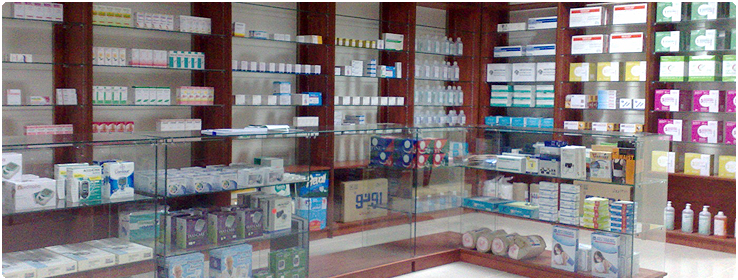Tel. 201 6655 - 201 6677
Tel. 404 3454 - 402 1543
Tel. 201 6611
Vaccination
The diseases that vaccines prevent can be dangerous, or even deadly. Vaccines reduce the risk of infection by working with the body's natural defenses to help it safely develop immunity to disease.
Why are Childhood Vaccines So Important?
- Newborn babies are immune to many diseases because they have antibodies they got from their mothers. However, this immunity goes away during the first year of life. Also, young children do not have this "maternal immunity" against some diseases, such as whooping cough.
- If an unvaccinated child is exposed to a disease germ, the child's body may not be strong enough to fight the disease. Before vaccines, many children died from diseases that vaccines now prevent, such as whooping cough, measles, and polio. Those same germs exist today, but because babies are now protected by vaccines, we do not see these diseases nearly as often.
- Immunizing individual children also helps to protect the health of our community, especially those people who cannot be immunized.
Why your child should be immunized?
Children need immunizations (shots) to protect them from dangerous childhood diseases. These diseases can have serious complications and even kill children.
What diseases do childhood vaccines prevent?


|
|
Importance of Immunization
From infants to senior citizens, timely immunizations are one of the most important ways for you to protect yourself and others from serious diseases and infections.
Certain groups of people may need special vaccinations. Travelers going abroad to foreign countries where they may encounter diseases that are not common in their home country, may need additional vaccines before their trips. Measles, rubella, mumps and polio also may be a risk during foreign travel.
Adult Immunization
Your need for immunizations does not end when you reach adulthood. The specific shots (injections) you need as an adult depend not only on your age, lifestyle, overall health, pregnancy status, and travel plans but also on who you are in close contact with and what vaccines you had as a child. Tetanus and diphtheria shots need to be repeated every 10 years throughout adulthood in order to keep your immunity.
Your doctor will consider your medical and immunization history (and documentation) when deciding which shots you need.
Immunizations given during adulthood include:
Chickenpox (varicella)
This shot (called Varivax) protects against chickenpox. Chickenpox infection can be very serious when it occurs after childhood.
Who should get it?
- Adults who are not already immune to the chickenpox virus need two doses, given at least 4 weeks apart.
- Women who don't have evidence of immunity and recently gave birth should also get this shot.
Pregnant women and people with immune system problems should not get this shot.
Flu (influenza)
This immunization helps protect against the seasonal flu and the H1N1 (swine) flu. Flu viruses are always changing, so the flu vaccines are updated every year. Protection lasts up to a year for each flu vaccine type.
Who should get it?
Flu immunization is recommended once a year for:
- All adults. It is especially important for:
- People with a chronic health condition, such as asthma, diabetes, heart or lung disorders, or an impaired immune system (which puts them at high risk for complications of the flu).
- Women who are or will be pregnant during the flu season.
- Household contacts and caregivers of all children younger than 5 years old and close contacts of others who are at high risk for complications of the flu.
- People who live in nursing homes or long-term care centers.
Adults ages 65 and older can get a high-dose flu shot.
Meningococcal Vaccination (also known as Haj Vaccination in Saudi Arabia)
What is meningococcal disease?Meningococcal disease is a serious bacterial illness. Meningitis is an infection of the covering of the brain and the spinal cord. Meningococcal disease also causes blood infections.
Anyone can get meningococcal disease. Many people who get the disease die from it, and many others are affected for life. Even when treated, 10-15% of these people die. Of those who live, another 11%-19% lose their arms or legs, have problems with their nervous systems, become deaf, or suffer seizures or strokes.
This is why preventing the disease through use of meningococcal vaccine is important for people at highest risk.
Who should get meningococcal vaccine and when?
Anyone traveling to, or living in, a part of the world where meningococcal disease is common.
Anyone who is routinely exposed or have chances of getting contact with persons coming back from the infected area or from the area where the disease is common.
It is obligatory for all persons making the Haj pilgrimage.Children below 2 years &Pregnant women and patients with medical condition, pls. see your doctor for further details.
What are the risks from meningococcal vaccines?
A vaccine, like any medicine, could possibly cause serious problems, such as severe allergic reactions. The risk of meningococcal vaccine causing serious harm, or death, is extremely small.
Brief fainting spells and related symptoms (such as jerking or seizure-like movements) can follow a vaccination. They happen most often with adolescents, and they can result in falls and injuries. Sitting or lying down for about 15 minutes after getting the shot – especially if you feel faint – can help prevent these injuries.
Mild problems
As many as half the people who get meningococcal vaccines have mild side effects, such as redness or pain where the shot was given. A small percentage of people who receive the vaccine develop a mild fever.
Severe problems
Serious allergic reactions, within a few minutes to a few hours of the shot, are very rare.
Who should not get it?
Anyone who has ever had a severe (life-threatening) allergic reaction to a previous dose of meningococcal vaccines should not get another dose of vaccine.
Anyone who has a severe (life threatening) allergy to any vaccine component should not get the vaccine. Tell your doctor if you have any severe allergies.
Anyone who is moderately or severely ill at the time the shot is scheduled should probably wait until they recover.
Serious allergic reactions, within a few minutes to a few hours of the shot, are very rare.
What should I look for?
Any unusual condition, such as a severe allergic reaction or a high fever. If a severe allergic reaction occurred, it would be within a few minutes to an hour after the shot. Signs of a serious allergic reaction can include difficulty breathing, weakness, hoarseness or wheezing, a fast heartbeat, hives, dizziness, paleness, or swelling of the throat.
What should I do?
Call a doctor, or get the person to a doctor right away.











